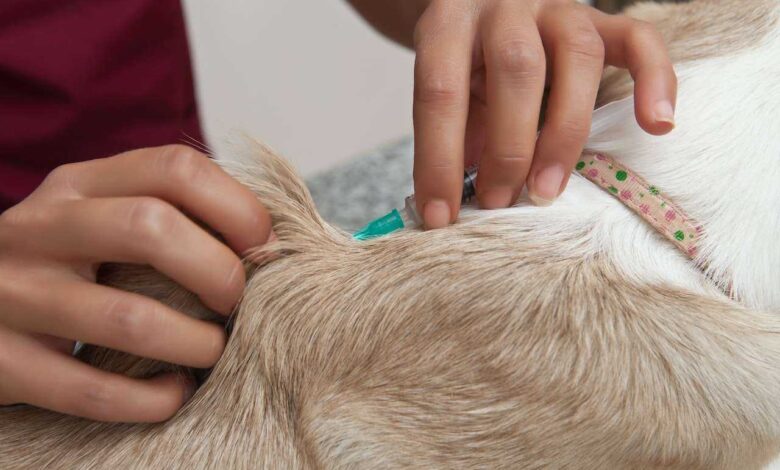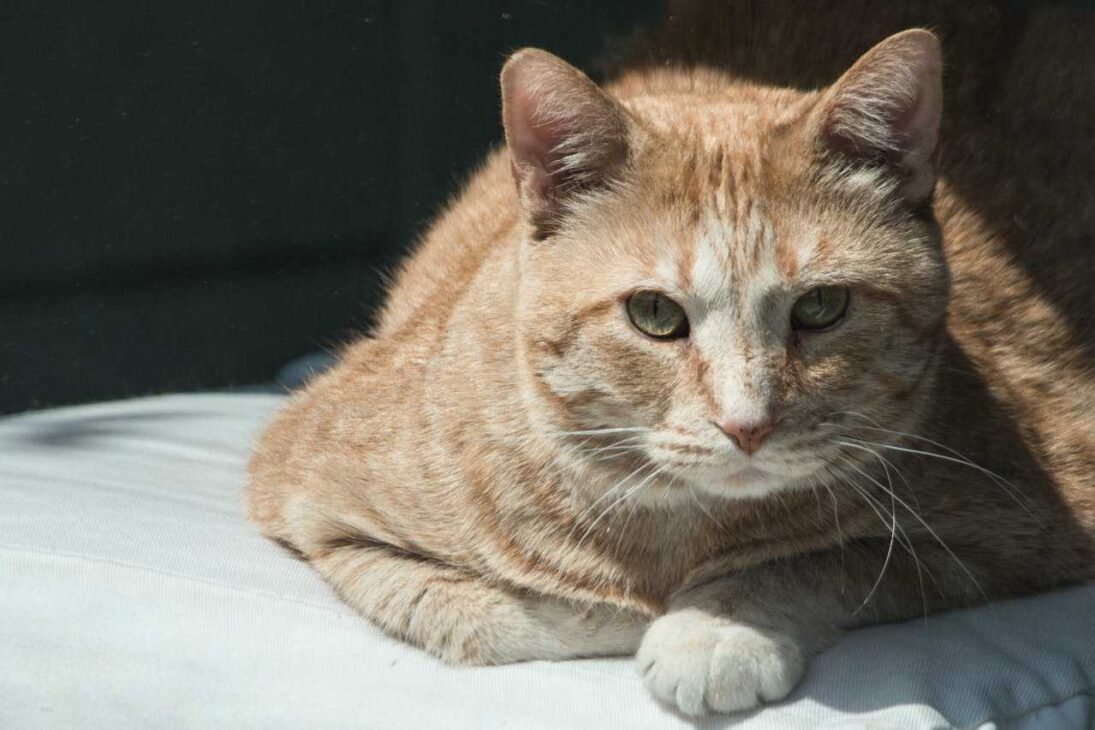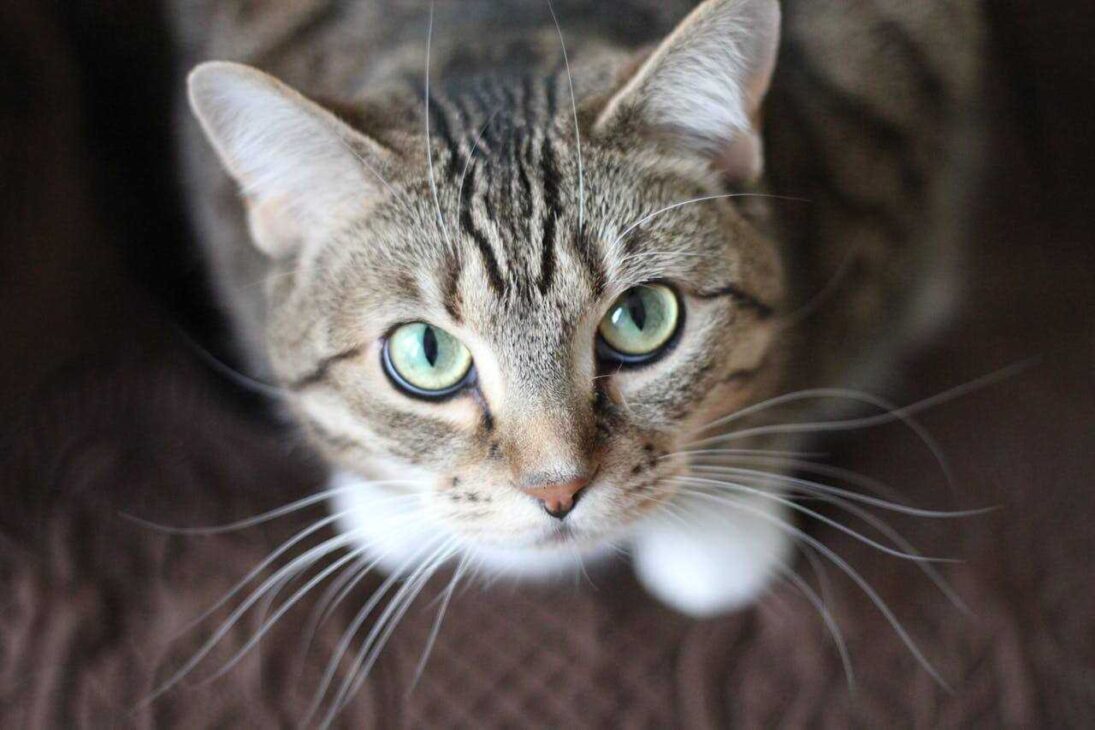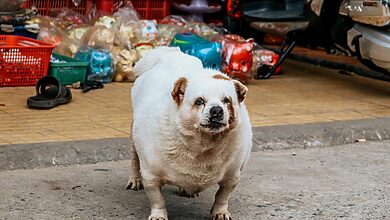Travel Vaccines for Cats: What You Need to Know

Embarking on a journey with your feline companion requires careful planning, especially when it comes to travel vaccines. Ensuring your cat’s health and well-being during travel involves understanding the essential vaccinations required. In this guide, we’ll explore the necessary information about travel vaccines for cats, offering insights to help you make informed decisions for a safe and enjoyable journe
Understanding Travel Risks:
Recognizing Potential Threats:
Before diving into travel vaccines, it’s crucial to recognize the potential health risks your cat may encounter during travel. Cats are territorial animals, and changes in surroundings can cause stress, making them more susceptible to illness. New environments, interactions with other animals, and the stress of travel itself can pose threats. Understanding these risks sets the stage for prioritizing the right vaccines to protect your feline friend.
Essential Travel Vaccines:

Core Vaccines for Cats:
Certain vaccines are considered core for all cats, regardless of their travel plans. These include:
- Rabies Vaccine: Essential for almost all travels, as rabies is a severe, fatal disease with implications for both cats and humans. Many countries require proof of rabies vaccination for entry.
- Feline Herpesvirus (FHV) Vaccine: Guards against a contagious respiratory infection common in multi-cat households or high-density areas.
- Calicivirus Vaccine: Protects against another respiratory infection that can cause upper respiratory symptoms and oral ulcers.
- Panleukopenia (Feline Distemper) Vaccine: Essential for preventing a severe and highly contagious viral disease.
Additional Vaccines Based on Destination:
Depending on your travel destination, additional vaccines may be necessary. Consider:
- Feline Leukemia (FeLV) Vaccine: Recommended for outdoor cats or those exposed to other cats, protecting against a virus that weakens the immune system.
- Feline Immunodeficiency Virus (FIV) Vaccine: Important if your cat may come into contact with other cats carrying this virus, commonly spread through bites.
- Chlamydia Vaccine: Guards against chlamydiosis, a bacterial infection affecting the eyes and respiratory system.
- Bordetella bronchiseptica Vaccine: Protects against a bacterium associated with respiratory infections, important for cats in close contact with others.
- feline Coronavirus (FCoV) Vaccine: Considered for cats at risk of exposure to feline infectious peritonitis (FIP), a viral disease.
- Babesiosis Vaccine: Important if traveling to regions where Babesia is prevalent, protecting against this blood parasite.
Research the specific vaccines recommended for different regions, considering factors such as prevalent diseases, local wildlife, and the overall health landscape of the area. Tailoring vaccinations to your destination ensures comprehensive protection for your cat.
Pre-Travel Veterinary Consultation:
Planning a Veterinary Visit:
Scheduling a pre-travel veterinary consultation is essential. Discuss your travel plans with your veterinarian, who can assess your cat’s health, update vaccinations, and provide personalized advice based on your specific journey. This proactive step ensures that your cat is in optimal health before embarking on the trip.

Customized Vaccination Schedule:
A customized vaccination schedule addresses your cat’s individual needs. Your veterinarian will consider factors such as your cat’s age, overall health, and the specific travel destination. Whether it’s updating core vaccines or administering additional ones based on the travel destination, a tailored approach ensures your cat receives the necessary protection without unnecessary vaccinations.
Vaccine Administration and Timing:
Proper Vaccine Administration:
Understanding the proper administration of travel vaccines is vital for their effectiveness. Different vaccines may have varying administration methods, such as injections or oral applications. Factors like vaccine types, dosage, and administration methods play a role in their efficacy. Ensure that your cat receives the vaccines in a manner that maximizes their protective benefits.
Timing Considerations:
Timing is crucial when it comes to administering travel vaccines. Delve into the recommended timelines for vaccinations before travel, allowing sufficient time for immunity to develop. Some vaccines require booster shots or multiple doses, and the schedule may vary depending on the specific vaccine. Whether it’s a single vaccine or a series of shots, adhering to the appropriate schedule enhances your cat’s protection during the journey. Learn about the importance of planning ahead and consulting your veterinarian to ensure your cat is fully protected before embarking on your travels.
Post-Travel Health Monitoring:
Observing Post-Travel Behavior:
Upon returning from your travels, closely monitor your cat’s behavior and health. Cats may experience stress from travel, leading to changes in appetite, behavior, or litter box habits. This section will guide you in recognizing signs of potential health issues, ensuring prompt veterinary attention if needed. Post-travel observation contributes to the overall well-being of your feline companion. Understand the signs of stress or illness, and learn how to provide comfort and care as your cat readjusts to their home environment.

Travel Vaccines for Cats
Traveling with your cat can be a rewarding experience, but it requires careful consideration of their health needs. By understanding the importance of travel vaccines, recognizing potential risks, and consulting with your veterinarian, you can ensure a safe and enjoyable journey for your feline friend. Stay informed, plan ahead, and prioritize your cat’s well-being to create lasting memories of your adventures together. Whether you’re planning a road trip, air travel, or any other adventure, your proactive approach to your cat’s health will contribute to a positive and stress-free travel experience.
FAQs: Travel Vaccines for Cats
Q: What vaccines do cats need for travel?
A: Core vaccines include rabies, FHV, calicivirus, and panleukopenia, with destination-specific additions.
Q: When should I visit the vet before travel?
A: Schedule a pre-travel consultation weeks ahead to assess health, update vaccines, and plan accordingly.
Q: Are travel vaccines mandatory for all cats?
A: Core vaccines like rabies are often mandatory, but additional ones depend on travel destination and risks.
Q: How often should my cat receive booster shots?
A: Booster shot frequency varies; consult your vet for a personalized schedule based on your cat’s needs.
Q: Can I vaccinate my cat at home before travel?
A: It’s recommended to have a veterinarian administer travel vaccines to ensure proper dosage and administration.
Q: Are there side effects to travel vaccinations?
A: Minor side effects like mild fever or lethargy can occur, but serious reactions are rare; consult your vet.
Q: Can older cats receive travel vaccines?
A: Yes, but consult your vet as older cats may have specific health considerations that need attention.
Q: Do indoor cats need travel vaccines?
A: Core vaccines are essential, and additional ones may be recommended based on travel circumstances.
Q: What should I do if my cat shows post-travel stress?
A: Observe behavior, offer comfort, and consult your vet if stress-related issues persist.
Q: How long before travel should I vaccinate my cat?
A: Vaccinate well in advance, as some vaccines require multiple doses or time for immunity to develop.








